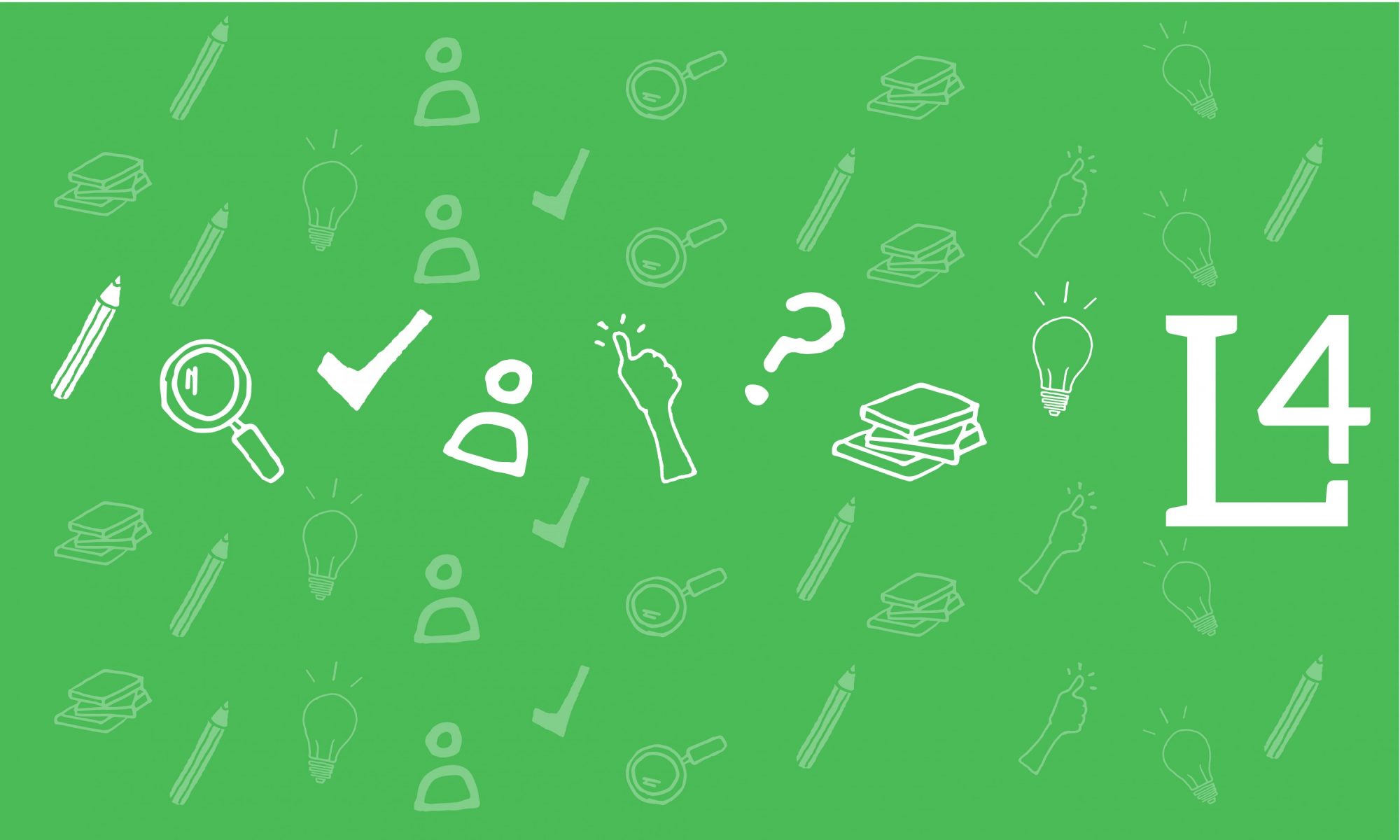Group Communication Summative Assignment
Misti Wills
Humanities/New York City College of Technology
COM1330 Public Speaking
Activity Description: Provide a brief description of the activity
Students will be put into small groups to identify and solve a problem on campus utilizing Dewey’s Reflective -Thinking Method of 5 Steps to Solving a Problem. They will conduct research, cite evidence, and brainstorm possible solutions. They will turn in a written paper and then present their work as a persuasive speech to the class demonstrating why their preferred solution should be taken.
Learning Goals: What do you aim to achieve with this activity?
HIEP of Collaborative Projects and Assignments and SLO of Oral and Written Communication Skills. This is an on site learning activity.
Timing: At what point in the lesson or semester do you use this activity? How much classroom time do you devote to it? How much out-of-class time is expected?
This activity is the final one of the semester after they have studied persuasive speaking and presented persuasive speeches. I review the assignment and assign groups approximately one month before it is due. Some class time is utilized in the beginning and it is expected that students may need to get together outside of class for one or two meetings to prepare and practive final presentation.
Logistics: What preparation is needed for this activity? What instructions do you give students? Is the activity low-stakes, high-stakes, or something else?
Students must know how to write an outline and know how to write a persuasive speech in order to succeed in this assignment. I begin the assignment by introducing the positive and negative roles people play in groups and by asking them how they feel when they have group project assignments and why. I ask them to strategize how best to deal with the negative roles when they encounter them and stress the importance of group work in future careers.
POSITIVE ROLES
Encourager
Harmonizer
Compromiser
Gatekeeper
Standard setter
Group Observer
Follower
NEGATIVE ROLES
Dominator
Blocker
Self-Confessor
Recognition Seeker
Special-interest pleader
Joker
I give out the grading rubric and instructions showing a separate grade for the paper from the oral presentation. I require that students brainstorm what problem they'd like to see solved on campus and state that it must be a problem they are all familiar with. I review that all students must participate in the oral presentation and deliver a part of the final speech and that they need two sources of information for research and a minimum of two visual aids. I encourage them to obtain videos and photos showing the problem whenever possible and to interview other students and faculty who may have experienced it as well to collect their evidence.
This is a low stakes activity worth 15% of the final grade.
Assessment: How do you assess this activity? What assessment measures do you use? Do you use a VALUE rubric? If not, how did you develop your rubric? Is your course part of the college-wide general education assessment initiative?
I use the VALUE Rubrics from Oral and Written Communication which include the following;
ORGANIZATION-Cohesive Presentation
LANGUAGE-Compelling/Persuasive
DELIVERY-Effective Techniques
SUPPORTING MATERIALS-Establish Credibility and Authority
CENTRAL MESSAGE –Compelling and Memorable
The paper and oral speech are assessed separately for the total final grade for the project. Both require identifying and explaining the five steps they used to solve the problem and presenting evidence and persuading the audience to take their recommended solution.
My course is a general education requirement called Public Speaking.
Reflection: How well did this activity work in your classroom? Would you repeat it? Why or why not? What challenges did you encounter, and how did you address them? What, if anything, would you change? What did students seem to enjoy about the activity?
This activity was recieved with some trepidation because of the nature of group work which requires relying on each other. Once the students discovered they were empowered to choose to make a change to something on campus, their imaginations took off. They identified problems such as difficulty to find car parking, long lines at elevators, lack of enough outlets to plug in devices, etc. They also came up with wonderful solutions and ideas! Their video and photographic evidence of the problems, along with video interviews with other students in them, brought much delight during the presentations and bonded the students. It felt more personal than their other speeches had been in some ways and after two years without much in-person interaction, really seemed to delight them with just being together.
I would absolutely repeat this activity and plan to do so. It would be enjoyable to invite some administrators in to see their ideas!
Additional Information: Please share any additional comments and further documentation of the activity – e.g. assignment instructions, rubrics, examples of student work, etc. These can be links to pages or posts on the OpenLab.
Please share a helpful link to a pages or post on the OpenLab



